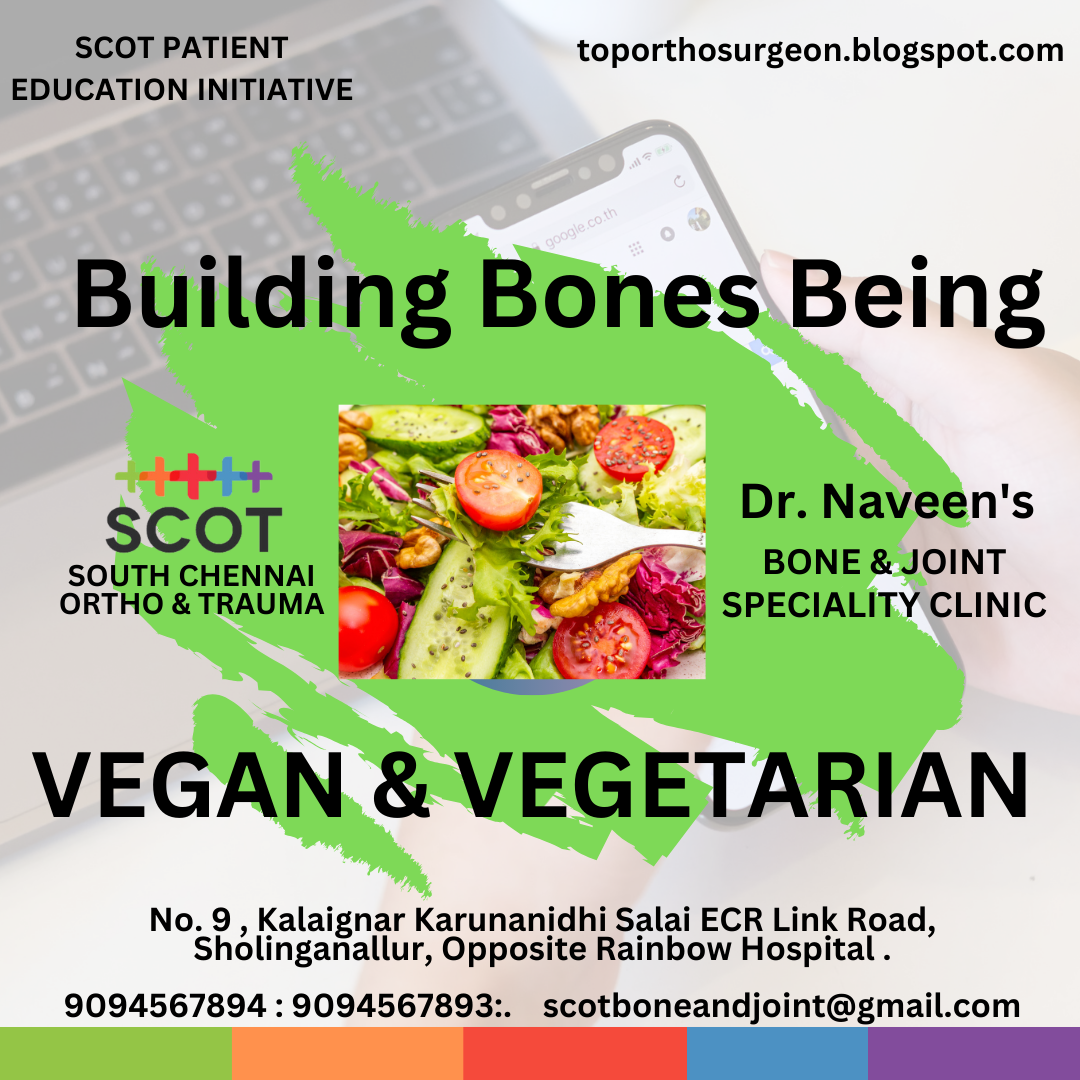Building Strong Bones: A Guide for Vegetarians and Vegans
Maintaining strong bones is crucial for everyone, but even more so for those following vegetarian or vegan lifestyles. While these diets offer numerous health benefits, some key nutrients vital for bone health might require extra attention. This article equips you with the knowledge and tools to build and maintain robust bones through informed diet, lifestyle practices, and responsible supplementation.
Essential Nutrients for Bone Health:
-
Calcium: Responsible for bone structure and density.
- Vegetarians: Dairy products like milk, cheese, and yogurt are excellent sources. Include fortified plant-based milks and tofu.
- Vegans: Focus on fortified plant-based milks, soy products, leafy greens (collard greens, kale), calcium-set tofu, and seaweeds.
- Recommended Intake: Adults (19-50 years): 1000mg/day, Adults (over 50): 1200mg/day.
-
Vitamin D: Aids calcium absorption.
- Both: Sunlight exposure (15-20 minutes midday, most days) is ideal. Consider fortified plant-based milks and vegan Vitamin D supplements, especially during winter months.
- Recommended Intake: Adults (19-70 years): 600 IU/day, Adults (over 70): 800 IU/day.
-
Vitamin K: Promotes bone mineralization.
- Both: Leafy green vegetables (spinach, kale), broccoli, Brussels sprouts, parsley.
- Recommended Intake: Adults: 80-120mcg/day.
-
Protein: Crucial for bone building and repair.
- Both: Include plant-based protein sources like legumes (beans, lentils, chickpeas), nuts, seeds, tofu, tempeh, quinoa, and whole grains.
- Recommended Intake: Adults: 0.8g/kg of body weight/day.
Dietary Tips:
- Variety is key: Include a wide range of nutrient-rich plant-based foods in your diet.
- Plan your meals: Ensure adequate intake of calcium, vitamin D, vitamin K, and protein throughout the day.
- Fortified foods: Opt for fortified plant-based milks, cereals, and bread products to boost nutrient intake.
Lifestyle and Exercise:
- Regular weight-bearing exercise: Activities like walking, running, dancing, and weightlifting help stimulate bone formation. Aim for at least 30 minutes most days of the week.
- Mindful movement: Practices like yoga and tai chi improve balance and reduce fall risk.
- Maintain a healthy weight: Being overweight or underweight can negatively impact bone health.
- Limit alcohol and caffeine: Excessive consumption can interfere with calcium absorption.
- Don't smoke: Smoking weakens bones and increases fracture risk.
Supplements:
While a well-planned diet should provide most nutrients, consider supplementation if needed. Consult your doctor or an Orthopaedician to determine if you require:
- Calcium: If dietary intake is consistently below recommended levels.
- Vitamin D: Especially if limited sun exposure or diagnosed deficiency.
- Vitamin K2: May be beneficial for certain individuals. However, consult your doctor as it can interact with some medications.
- Protein Supplements: Options available for both Vegans and Vegetarians.
Remember:
- Individual needs vary. Consult a registered dietitian or a doctor for personalized guidance.
- Regular bone mineral density tests and checking Vitamin D & Calcium levels are recommended for those at increased risk of osteoporosis.
- A holistic approach combining dietary choices, lifestyle habits, and exercise is key to building and maintaining strong bones for a healthy and active life.

Comments
Post a Comment